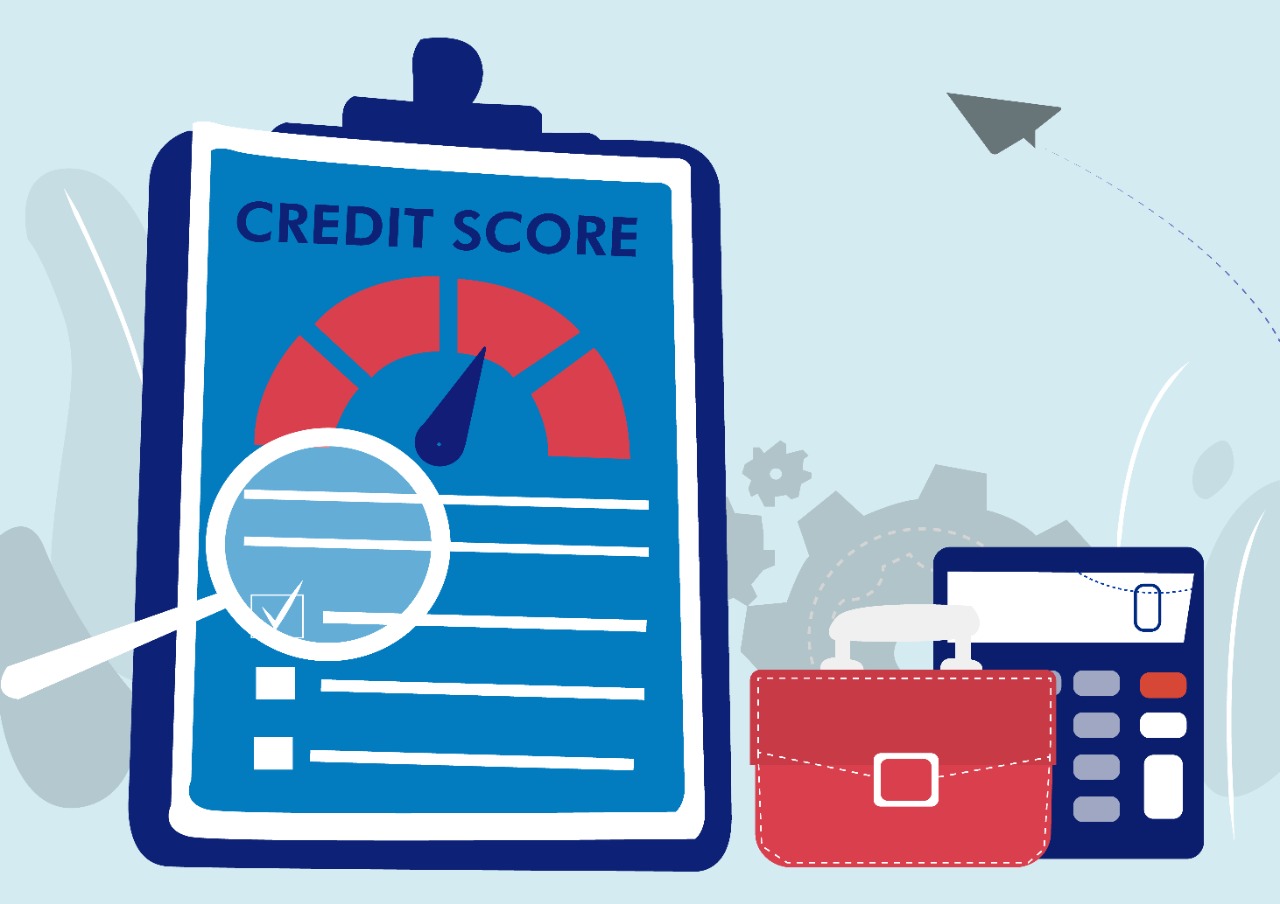
What is a credit score?
A credit score is a statistical assessment of the creditworthiness of a borrower. It is an important measure of your financial health. In simple terms, it is a numeric value given to an individual, which is an estimation of their ability to fulfill their financial obligations, based on their banking history. It is a commonly used method by lenders or banks to check the likelihood of whether you will repay the loan on time.
It is a 3 digit number between 300 - 900 that describes your credit merit and is calculated by Credit Bureaus. There are 4 credit bureaus in India - CIBIL TransUnion, Experian, Equifax and the CRIF High Mark. The higher your score, the better chance of you getting a good deal when you apply for a loan or a credit card. Scores above 700-750 are considered good scores by most lenders and banks.
Factors affecting your credit score:
Each credit bureau has its own algorithm that they use to predict your credit score, but the factors affecting it are the same.
- High impact factors - Payment history, credit utilization
- Medium impact factors - Age of the credit score
- Low impact factors - Types and diversity of accounts, application history
Increasing your credit score:
If your credit score is low, then there are a lot of simple ways to get higher credit scores. Focus on understanding the factors that affect your score and undertake measures to improve. Here is a list of a few easy strategies to try out:
- Pay your dues on time: Start setting reminders for your payments and get into a routine as fast as possible. The settlement of outstanding debt has a huge impact on your credit score as it affects a factor called payment history which is a high impact factor. No strategy will help if you pay late. The more there is a delay in payment, the higher the penalty you have to pay and the lower the score goes. An easy way out could be by using services that automate bill payments.
- Make frequent payments: Start paying more than once in your billing cycle, if you can afford it. You can start paying small amounts (micropayments) every two weeks rather than monthly. This lowers your credit utilization which is a high impact factor and can have a powerful effect on your score.
- Check your score report thoroughly for any errors: If at any point you feel like your credit score is low, even though you have a good payment history, go through your score report carefully and look for any errors. For example, you might have cleared out one of your loans recently but it still shows in the report. If you find any such discrepancy, then you should immediately contact your credit bureau. This might not be the case every time, but if it is then it could boost your score by a few points.
- Increase your credit limits: By increasing your credit limit and keeping your balance, the same leads to a decrease in credit utilization. The farther away you are from reaching the limits, the better your score gets. Contact your card issuer and try to increase your credit limit based on your expenses.
- Keep your credit cards open for as long as possible: Improving your credit history is important. If you have old credit cards and can pay your bills on time, then keep them running. When you close a credit card, you will lose its credit limit which affects credit utilization and thus reduces your score.
- Avoid racking up debts: You should always keep the number of loans you take to be as minimal as possible. Taking too many loans at one time might look like you have insufficient funds and lowers your credit score.
- Try becoming an authorized user: Get in touch with a friend or a relative who has a long history of maintaining a high credit score and is a responsible credit card user. The length of your credit history could help in boosting your score by a few points. If you get added as an authorized user by such a relative or friend, it will lengthen your credit history. The account user doesn't even have to let you use that card, in case that’s a cause for concern.
- Mix it up a little bit: Try to get the kind of loan or credit card that you don’t already have. Maintaining a healthy mix of secured (auto loans and home loans) and unsecured loans (student loans and personal loans) keeps on the safer side. Multiple unsecured loans could lower your score.
- Opt for long term loans: These have low EMI rates, thus, making it easier for you to make payments and avoiding defaulting. When you don't delay or skip paying your EMI, your credit score automatically increases.
You cannot increase your score by a few 100s overnight. Once you start practising some of the steps mentioned above, it might take about 6-8 months or even a year for you to see a significant rise in your score. Keep in mind the few thumb rules and you are good to go - payments to be made on time, lower your credit utilization rate and apply for credit only when absolutely necessary.
